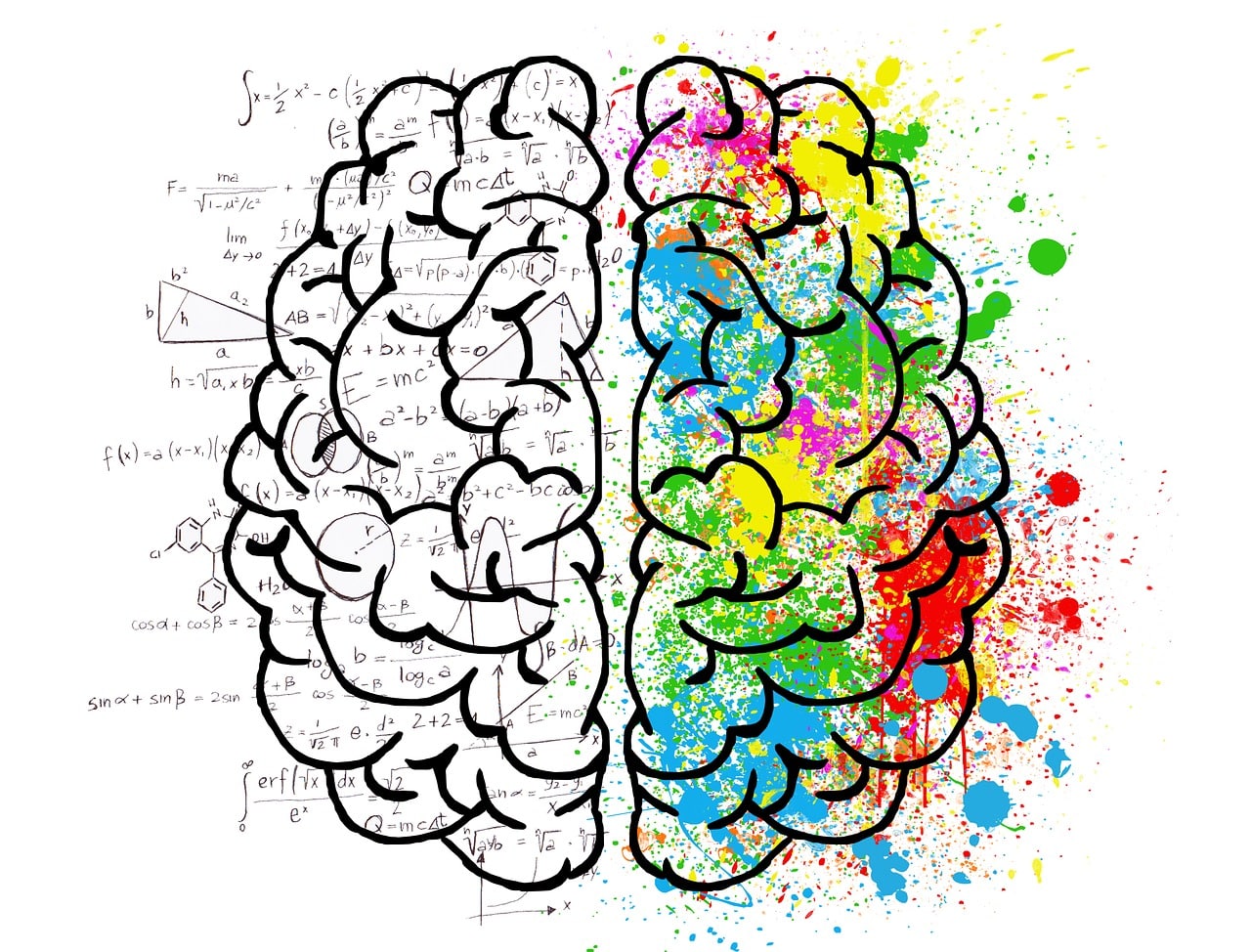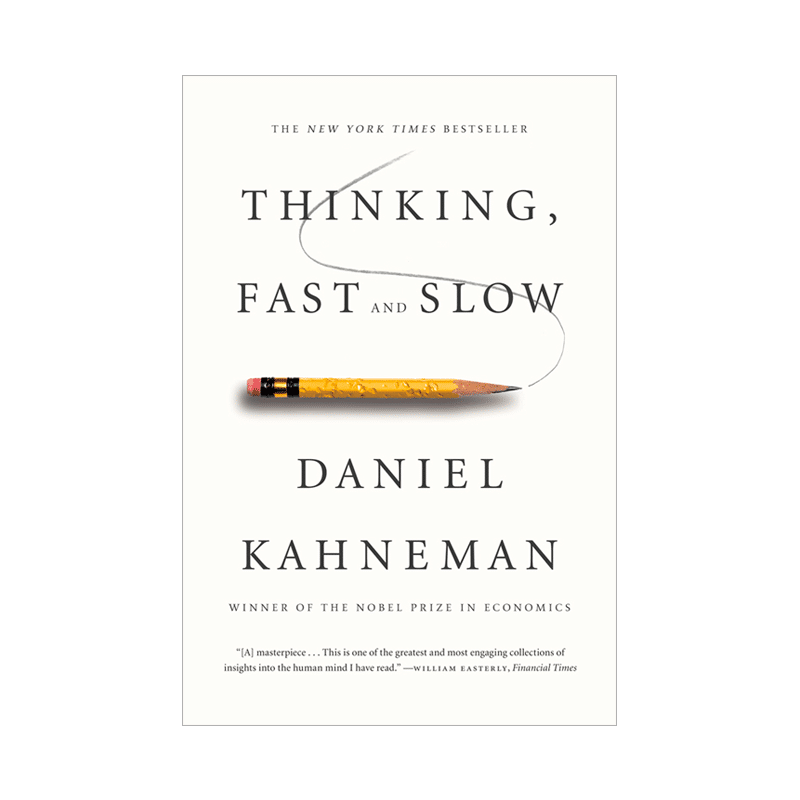Just as you seek out answers to complex problems, Kevin Folta set out to understand how the brain impacts trust and what that means for our conversations around food, agriculture and the science behind it.
Note: this is a followup to last week’s article “5 Tips to Talk About Science and What You Do.“
When you think about the conversations you might have, there are three types of consumers to be aware of.
The first group is those information seekers. This group comprises individuals who differentiate the good information from the bad and know exactly what’s going on.
The second group is the “chicken littles” and they believe the sky is always falling.
The third group is actually the largest group and they fit in between the first group and the second group. They don’t know who to trust, and that’s who we need to be talking with, shares Kevin Folta, a University of Florida professor and science and biotech advocate.
“When people don’t know who to trust, they tend to make mistakes by erring on the side of caution, especially if they have the means to do it,” Folta explains. “They are prone to life-style based choices.”
This means they accept messaging that seems consistent with their values. They make mistakes and enact bad policy … They adopt actions that have consequences for the poor.
As a scientist, Folta sees the amazing work researchers and other scientists are doing but the biggest challenge is that this mistrust stalls innovation.
“We are not seeing innovations being implemented at the speed at which they are available,” he says. “This is due to regulatory barriers and public sentiment.”
This is where scientists, professionals in the seed industry and farmers must work and spend their energy. Nearly everyone acknowledges and agrees on this point, but it’s not that simple to deal with.
“The problem is many of us chose the field we did because we’re not all that comfortable speaking with people,” Folta says. “When we step into public circles, we sometimes make mistakes.’
Folta set out in a very scientific way to understand how to tell a story that is most compatible in garnering public trust.
It starts with understanding the brain and how we as humans process information. The brain can be divided into two distinct processing systems, very fast and very slow. System 1 reacts quickly to threatening information. It’s emotional, irrational and reactive. System 2 is logical, strategic and calculating. This is where information is processed.
The other thing that we are up against is that humans tend to form tribes of like-mindedness, Folta adds. Those kinds of tribes even adopt behaviors to protect themselves from outside influences. They adopt and defend similar preferences, even if they are incorrect. This likely stems from evolution, he says. Human tribal tendencies are very, very powerful. We tend to adopt other behaviors and tendencies from that group.
“As you provide information that is counter to their belief, the more they push back,” Folta says. “The better your information is that you present to the group, the more recalcitrant they become. That’s why beliefs are so hard to change.”
How do we get around that?
“Appealing to the executive function doesn’t work so well,” he says. “We have to appeal to that lower part of the brain — we have to establish that we are not a threat.”
So we must first build rapport. This means listening, showing empathy and affirming shared values and dreams.
“This is not natural for scientists,” Folta says. “We want to show the data, provide citations and teach the facts.
“The most scary thing for me as a scientist is to realize that facts don’t matter at all. Facts don’t matter until you establish trust.”
Folta references this quote by Maya Angelou: “I’ve learned that people will forget what you said, people will forget what you did but people will never forget how you made them feel.”
“It’s this idea that we need to change their feelings,” Folta says. “We need to understand the audience … to reach for empathy, authenticity and transparency.”
There’s a large group of people who are seeking honest answers about science, medicine, food and farming and they just don’t know who to trust.
As a scientist and professional in the seed industry, you can’t talk or have a 1-on-1 debate with someone who is a denier of science. You have to be talking to those people in the middle, those who don’t know who or what to believe.
Folta’s Recommended Reading
Check back for more from Kevin Folta.














